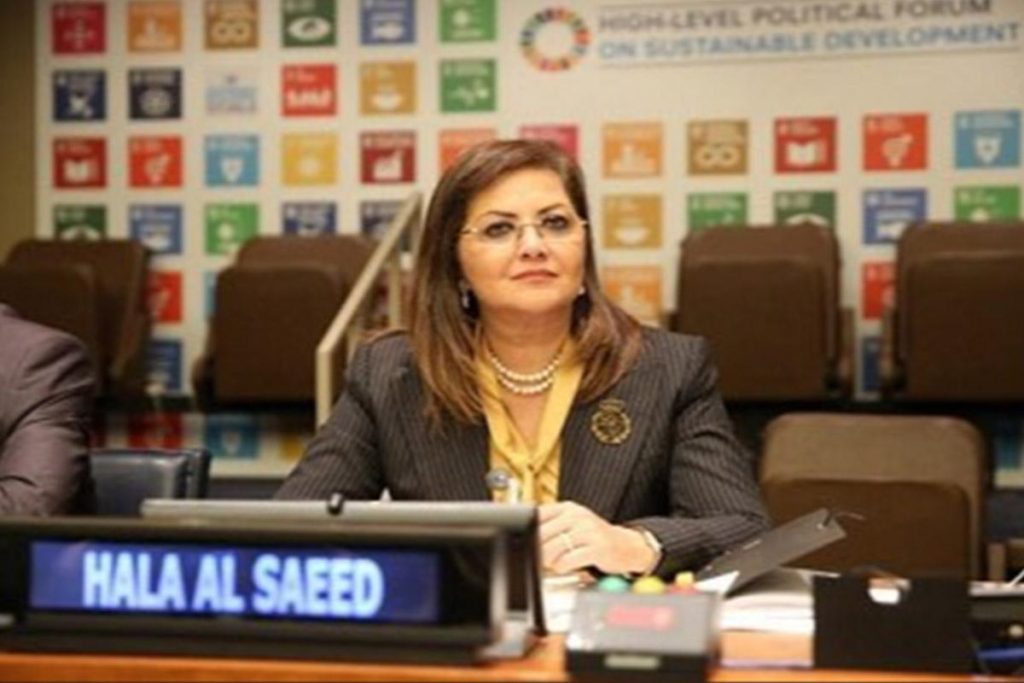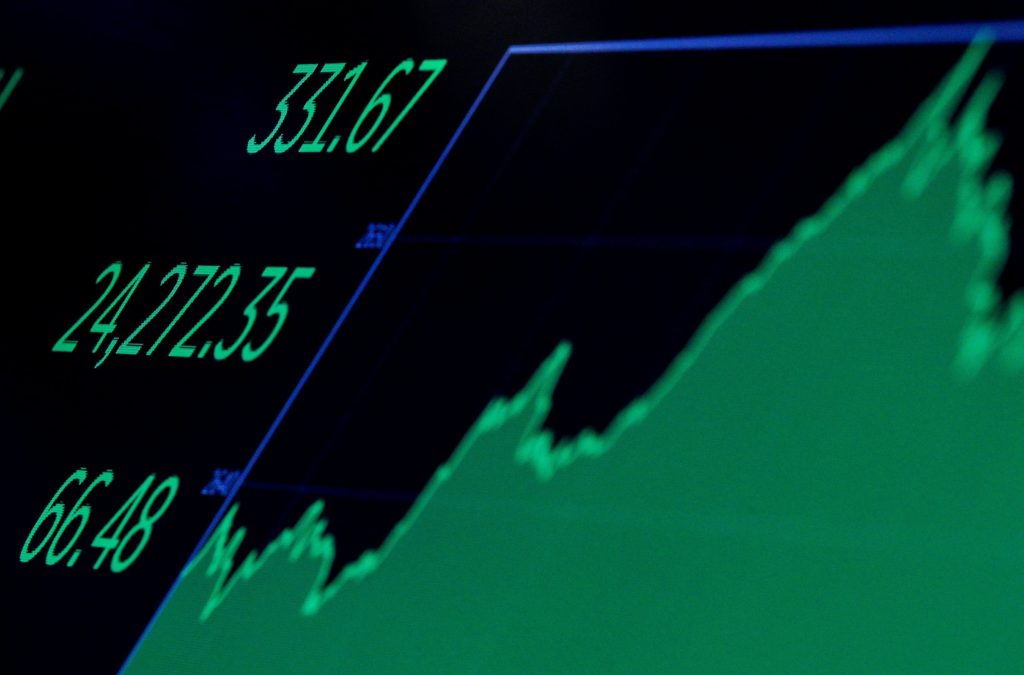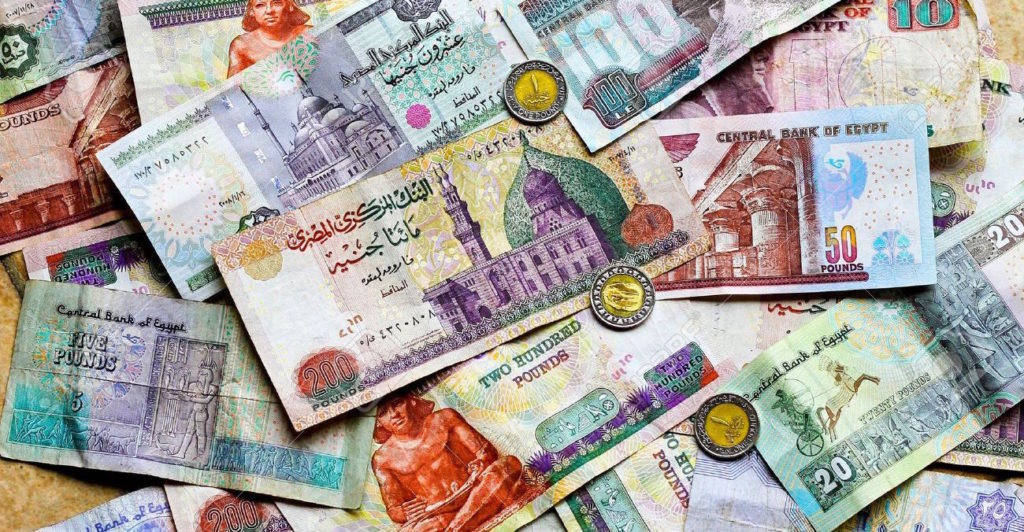In a statement earlier this week, Planning Minister Hala Al-Saeed has revealed that the Egyptian economic growth rate has achieved its highest within a decade rising to 5.5%. The minister believes that such output comes as a result of the government’s economic reform program.
The remarks were made while Minister Al-Saeed was reviewing Egypt’s economic reform program with Advisor to Pakistan’s Prime Minister on Institutional Reforms and Austerity Ishrat Hussain on the sideline of the 44th annual meeting of the Islamic Development Bank’s (IsDB) board of governors in Marrakech, Morocco.

In December 2018, the monthly inflation rate declined to 11.1%. In addition, the inflation rate in the first half of 2018/2019 has been noted to be 14.2% in contrast to the whopping 30.2% of the previous period of 2017/2018.
Egypt has introduced a number of economic reforms to attain sustainable growth while maintaining Egypt’s most underprivileged citizenry with a specialized focus on subsidies, expanding pensions and medical insurances, and increasing job opportunities to improve living standards.
The economy has been struggling since the aftermath of the 25th of January Revolution in 2011, however, Egypt has taken a number of measures to attract investors. The most daring of which was the floatation of the Egyptian pound in late 2016, leading to its devaluation against the USD.
At its highest point, the exchange rate between the EGP and USD reached its highest at 19.67. However, in the three years that followed, last March saw the decline of the exchange rate to 17.29, a sign that the economy is recovering.

In addition, the government has boosted foreign currency reserves by borrowing a three-year USD 12 billion loan program from the International Monetary Fund (IMF) in 2016 to help revive the failing economy. The fund accompanied some austerity measures that included the reduction of fuel, energy, and food subsidies, as well as the imposition of new taxes such as the VAT.
Indeed, many of the reforms were not popular, especially with Egypt’s most underprivileged sector. However, the IMF maintains its position that the loan program is yielding positive results with a significant increase in private remittances, Foreign Direct Investment (FDI), and net portfolio inflow.
Furthermore, the tourism and non-petroleum manufacturing sectors have been recovering over the past two years, creating more jobs and leading to a steady decrease in inflation.
However, despite the hardships, it seems that we are treading a hopeful path with IMF’s Managing Director Christine Lagarde stating that Egypt’s economy was ”showing strong signs of recovery.” In addition, a report by the Centre for International Development at Harvard University put Egypt third after India and Uganda as the world’s fastest growing economy.

The Pakistani ministerial advisor stated his country’s keenness to get acquainted with Egypt’s successful national economic reform program. He also expressed eagerness on the continued communication between the two sides with the aim of boosting cooperation.



